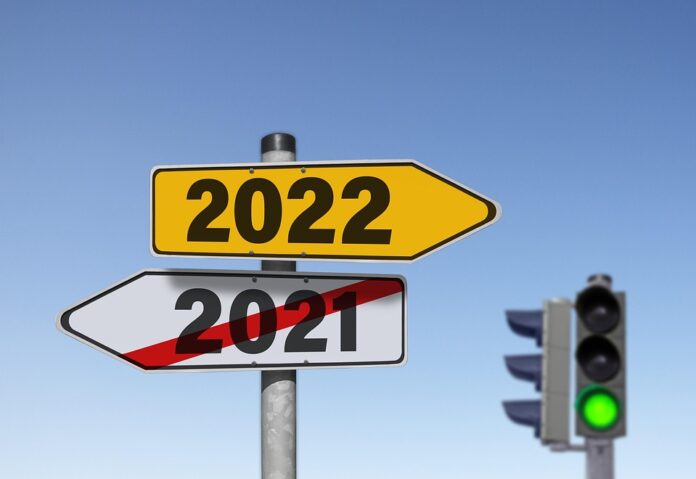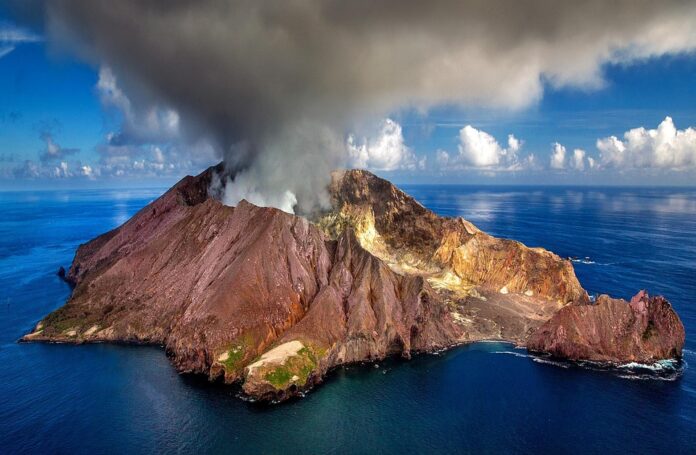In a detailed advisory opinion requested by the General Assembly, the highest court of the UN considered that Israel is obliged to “ensure that the population of the occupied Palestinian territory [OPT] has the essential supplies for daily living, including food, water, clothing, bedding, shelter, fuel, medical supplies and services.»
The court called on Israel to also “respect and protect” all humanitarian workers, medical personnel and facilities.
By ten votes to one, the judges also found that Israel “has an obligation” to cooperate in good faith with the UN, “providing it with all assistance in any action it undertakes in accordance with the Charter of the United Nations”, including the aid agency for Palestinian refugees, UNRWA.
UN Secretary-General António Guterres describes the ICJ this opinion is “very important”, adding that it comes at a time when the UN is doing everything it can to increase aid to Gaza after the ceasefire.
The opinion – request in December 2024 – addresses Israel’s obligations in its relations with the UN and other international organizations and countries involved in humanitarian operations in Palestine.
In a sign of the level of international engagement in this matter, 45 states and organizations filed written statements and 39 presented oral arguments during the hearings held from April 28 to May 2, 2025.
Why the court is important
The ICJ, based in The Hague, is the principal judicial organ of the United Nations.
He settles legal disputes between States and gives advisory opinions at the request of UN bodies.
These opinions are not legally binding, but they carry significant moral and legal authority and often guide international policy and practice.
Bound by international law
The ICJ detained that Israel is bound by international humanitarian law and human rights law to respect and protect civilians in the OPT, ensuring that humanitarian workers and medical facilities are protected and that no civilians are forcibly transferred or deprived of food.
Ten of the eleven judges agreed that Israel must respect the privileges and immunities of the UN and its officials, in accordance with the United Nations Charter. This includes the “inviolability” of all UN premises – including those managed by UNRWA.
Ugandan Vice President Julia Sebutinde cast the lone dissenting voice in several sections.
The ICJ also reaffirmed Israel’s obligation to allow the International Committee of the Red Cross (ICRC) access to detainees in the OPT and to “respect the prohibition on resorting to starvation of civilians as a method of warfare.»
Israel’s Foreign Ministry said in a social media post that it “categorically rejects” the ICJ’s advisory opinion, describing it as “another political attempt to impose political measures against Israel.”
Originally published at Almouwatin.com











